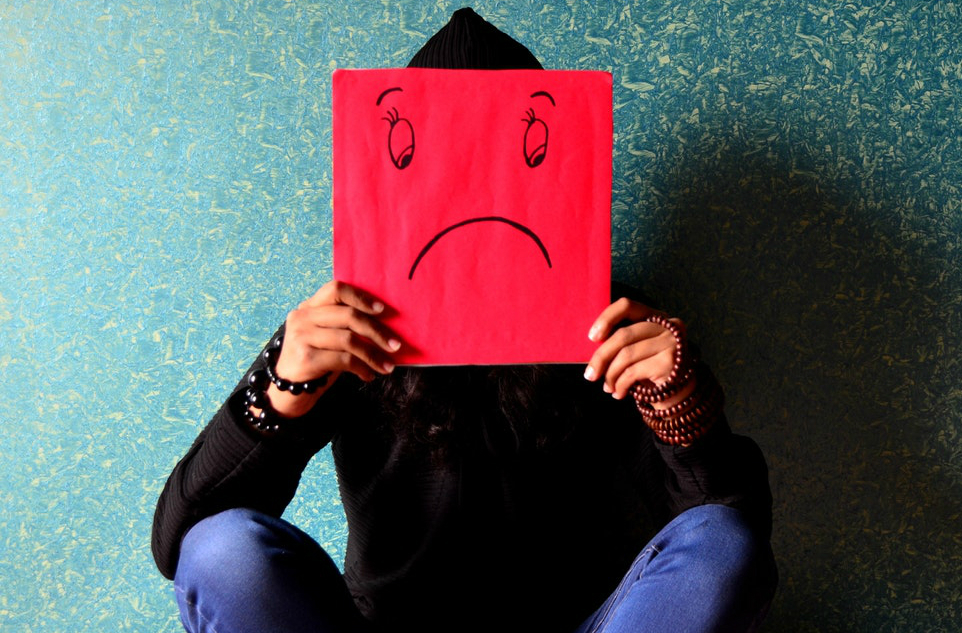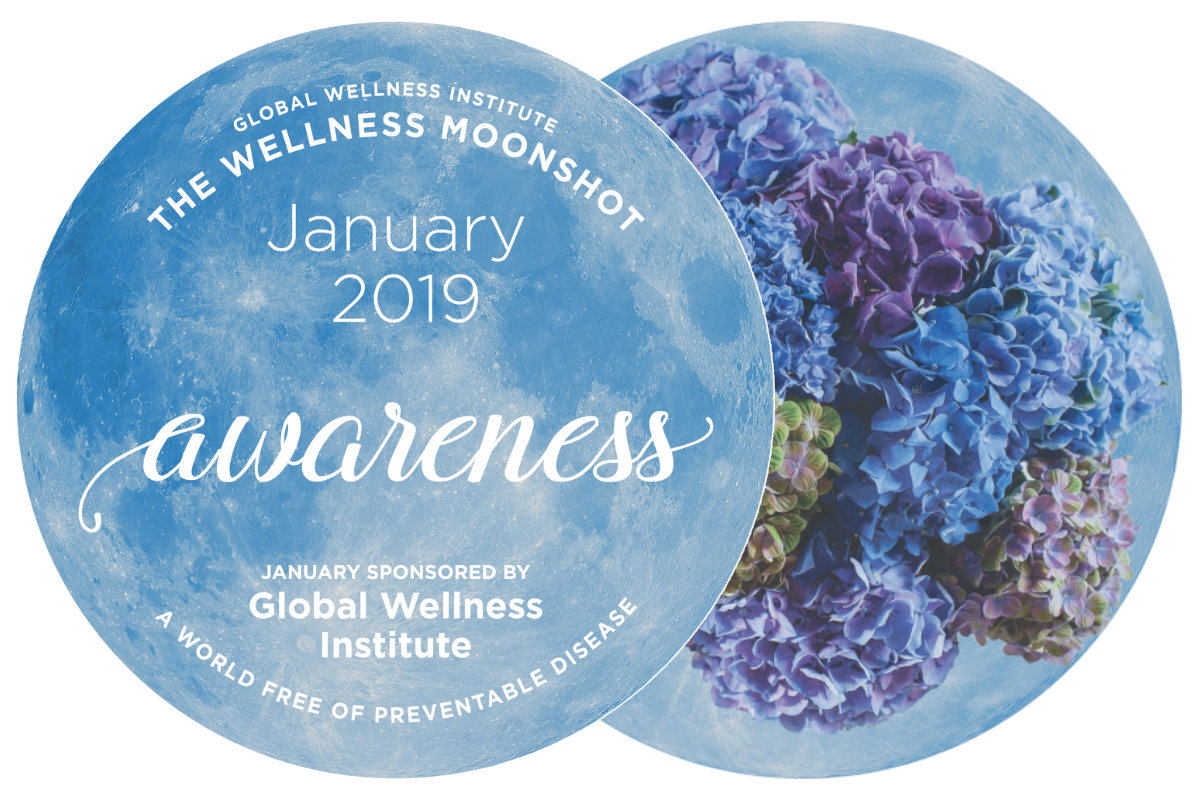During the year, the debate has been raging between those who see the world’s glass as half full versus those who see it as half empty. The optimists, trying to promote a fact-based worldview, are right: Almost all the indicators confirm that the world is “better” than it’s ever been and certainly not nearly as dangerous as we think/feel. If the world is getting so…





























































